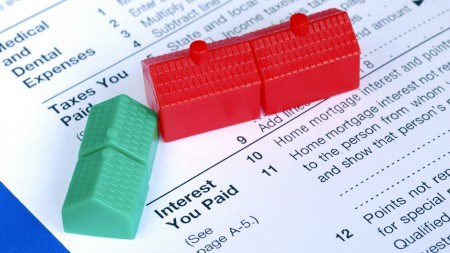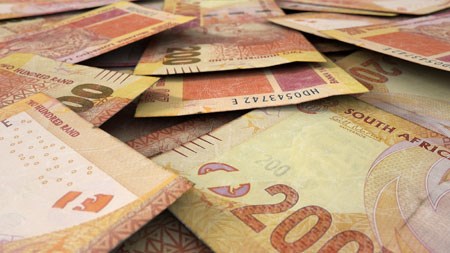As Benjamin Franklin once said, the only things certain in life are death and taxes - what he forgot to mention explicitly was Eskom and rates.
Paying for electricity and other municipal services has always been part and parcel of property ownership, but in recent times, these once-affordable services have become the bane of many homeowner's existence.
Lack of service delivery aside, homeowners now have to fork out larger sums of money in order to hang on to their home and have to deal with rising electricity costs, insurance and other incidentals, which are all factors that need to be considered before buying a new home.
Things, it seems, are not going that well in the Eskom camp. According to a report in The Times, the credit agency Moody's downgraded standalone credit to the parastatal by one notch on Friday. This is bad news because the corporation has been trying to get an investment-grade standalone rating in order to raise money for its future expansion plans and the downgrade essentially means that it will become more difficult to raise the necessary finance.
While we may all assume that this little nugget of news is by-the-by and of little importance to the man in the street, we need to remember that Eskom has to find a way of increasing the electrical supply and the only way this can be done is by building new power stations. Someone, somewhere has to fund the new builds and if Eskom fails to raise the necessary capital, the majority of the required funding could well be placed on the shoulders of all South Africans.
It's no secret that Eskom is struggling to keep the lights on in South African homes and the need for new power stations is paramount. We were, however, recently informed that due to delays at the Medupi Power Station situated in Lephalale in Limpopo Province it will be unable to deliver additional power until 2014. It’s not the only bad news and we have also been told that because coal prices have increased by some 36 percent over the past year, this gives Eskom the right to approach Nersa for yet another increase.
The other challenge facing South Africans is the rising costs of municipal rates. Everyone knows that property owners pay different amounts for rates and this is not only linked to the municipal valuation of the home. Although rates are calculated by multiplying the value of a property by a cent amount, where you live plays a significant role in the amount that has to be paid in order to fill the local municipality’s coffers.
In a recent report in the Cape Argus, it was reported that Durban works on 0.976c, Johannesburg on 0.5573c and Cape Town on 0.5613c, these being the respective cent amounts for each city.
It is absolutely vital for those looking at buying a property to check what rates are currently being charged and, if new municipal valuations have taken place, what the municipality will be charging in future. Sellers who have lodged an objection to the amended valuation with the local authorities should notify the buyer about this. It stands to reason that many sellers may not be interested in objecting because once the property has been sold the increase will not affect them.
“It is essential that buyers find out what their municipal rates will be before putting in an offer to purchase,” says Jan le Roux, chief executive of Leapfrog Property Group. “It is clear that owning a property is becoming more expensive as municipal rates increase. However, I still believe that owning a home is one of the best investments anyone can make. Just do your homework first and be certain that you can afford the bond repayments and the rates”.



